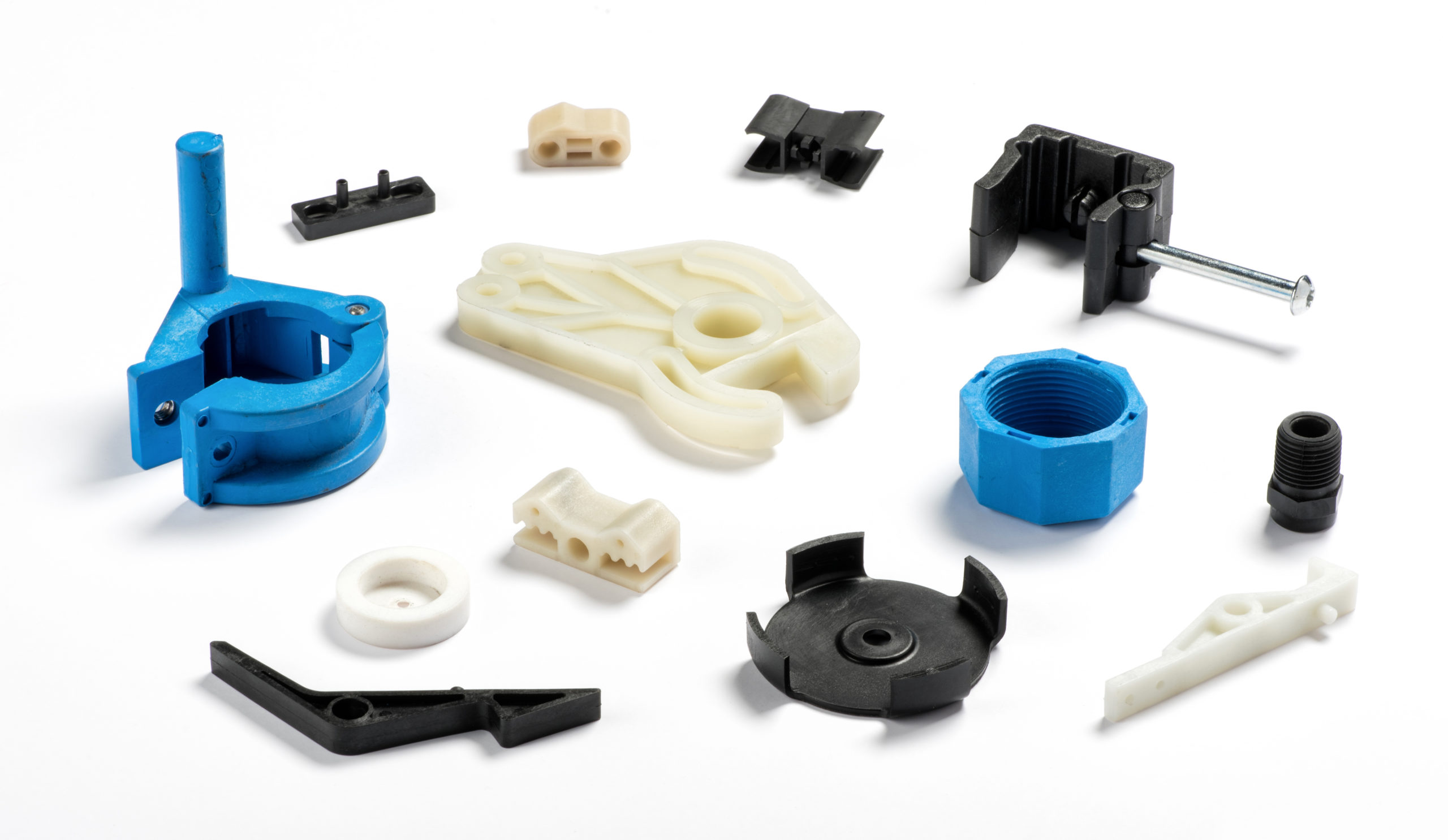This Personalized Injectable Transformation: What One Need to Know

In today's fast-paced production landscape, businesses are always on the lookout for cutting-edge options to stay in the race. Tailored injection molding is becoming as a revolutionary technology that offers substantial advantages for a diverse industries. This technique allows for the creation of intricate and exact designs, simultaneously maintaining high productivity and affordability. As firms strive to meet the different needs of their customers, comprehending the benefits of custom injection molding becomes essential.
One of the primary advantages of tailored injection molding is its capability to produce high-quality parts with intricate details and narrow tolerances. This precision not only enhances product effectiveness but also reduces waste, turning it into an sustainable option. Additionally, the methodology can support a range of materials, giving businesses the flexibility to choose the best options for their unique applications. As we investigate more into this topic, we will examine how custom injection molding can revolutionize manufacturing methods and help companies prosper in a challenging market.
Grasping Custom Injection Casting
Tailored injectable casting is a manufacturing process which includes fabricating specific plastic components through inserting liquefied material into customized molds. Such a methodology allows for high accuracy and detailed designing, making it perfect for producing intricate shapes that would be challenging to achieve with different methods. Through leveraging CAD design (CAD), manufacturers can design molds which align with the precise specifications of their customers, thereby enhances the total manufacturing standard.
A of the significant pros of personalized injectable molding is its effectiveness when it comes to mass production. Once a mold has been produced, it can be utilized to manufacture thousands or even millions of identical parts efficiently. This capacity for expansion means that businesses can fulfill large orders while avoiding sacrificing standards or raising expenses. Moreover, the method reduces waste materials, making it a financially viable choice for numerous industries.
Furthermore, personalized injection casting provides flexibility in substance choice, enabling fabricators to pick from a variety of plastics to fit particular uses. Ranging from robust thermoplastics to customized technical polymers, the diversity of substances available ensures that the ultimate outputs satisfy specific functional characteristics. This level of tailoring allows businesses to develop and develop one-of-a-kind goods that are prominent in competitive industries.
Advantages of Personalized Injection Molding
Personalized molding offers producers the ability to manufacture exceptionally precise and complex parts. This process allows for complex designs that conventional manufacturing methods may face challenges to achieve, guaranteeing that products meet specific requirements. With the use of high-quality molds, businesses can achieve tight tolerances and excellent details, resulting in components that align perfectly within their planned applications.
Another significant advantage is the productivity and speed of production. Once the molds are created, the injection molding process allows for high-volume production runs with reliable quality. This efficiency not only minimizes manufacturing costs but also reduces lead times, allowing companies to bring their products to market faster. By leveraging tailored injection molding, companies can boost production quickly to meet increasing demand without sacrificing quality.
Finally, personalized injection molding is extremely versatile, accommodating a wide range of materials. From thermoplastic materials to elastomers, manufacturers can select the most suitable material for their specific application, allowing for properties like robustness, pliability, and sturdiness to be optimized. This variability in material choice ensures that the end products are designed to perform effectively in their specified environments, making tailored injection molding a preferred option for many industries.
Upcoming Developments in Custom Injection Molding
The field of bespoke injection molding is set to evolve significantly in the forthcoming years, driven by advancements in technology and growing demand for tailored manufacturing solutions. One key trend is the incorporation of automation and robotics into the injection molding process. This change not only boosts production productivity but also limits human intervention, leading to more consistent and premium outputs. Intelligent factory models are expected to gain acceptance, where machines collaborate with each other, optimizing workflows in real time.

Another notable trend is the increasing importance on sustainable manufacturing practices. As industries confront pressure to minimize their green footprint, custom injection molding companies are expected to adopt more sustainable materials and methods. Eco-friendly plastics and recycled materials are growing popularity, allowing manufacturers to produce bespoke parts while aligning with sustainability goals. This commitment on environmentally conscious practices will attract to a wider range of customers who prioritize sustainability in their manufacturing processes.
Finally, digitalization and the use of advanced data metrics will remodel the tailored injection molding industry. With the emergence of Industry 4.0, manufacturers can leverage data analytics to optimize processes and anticipate maintenance needs. This predictive approach not only reduces downtime but also results in increased cost savings and enhanced overall effectiveness. As more companies move toward analytics-informed decision-making, those engaged in custom injection molding will capitalize on these strategies to stay relevant in a rapidly changing market.
